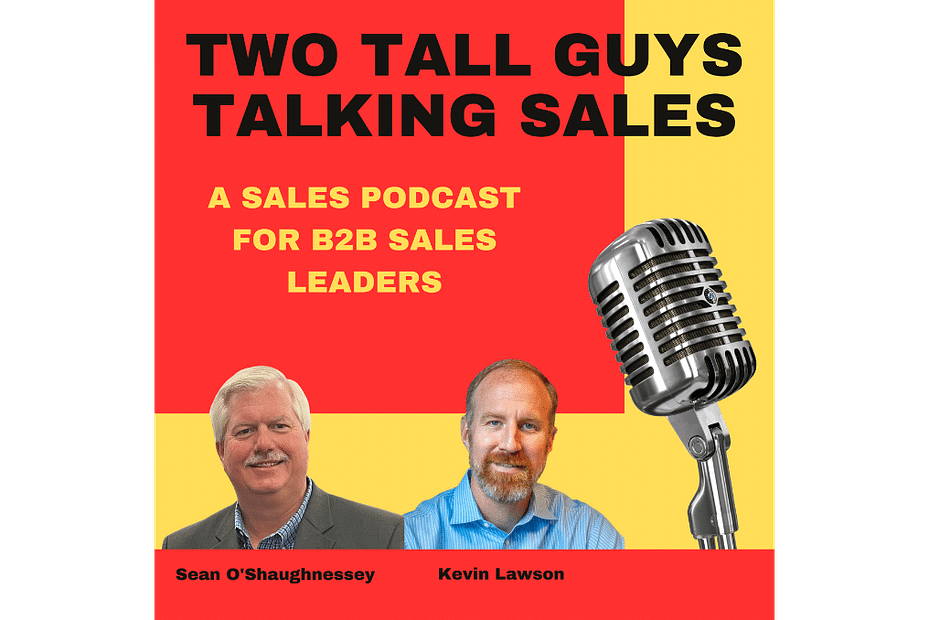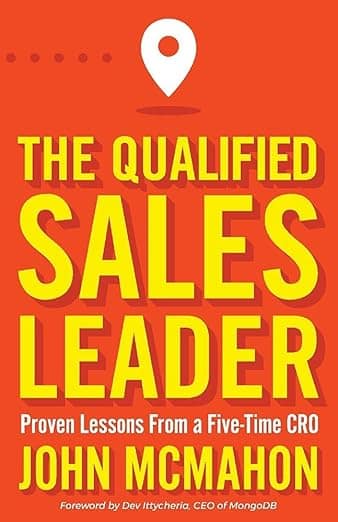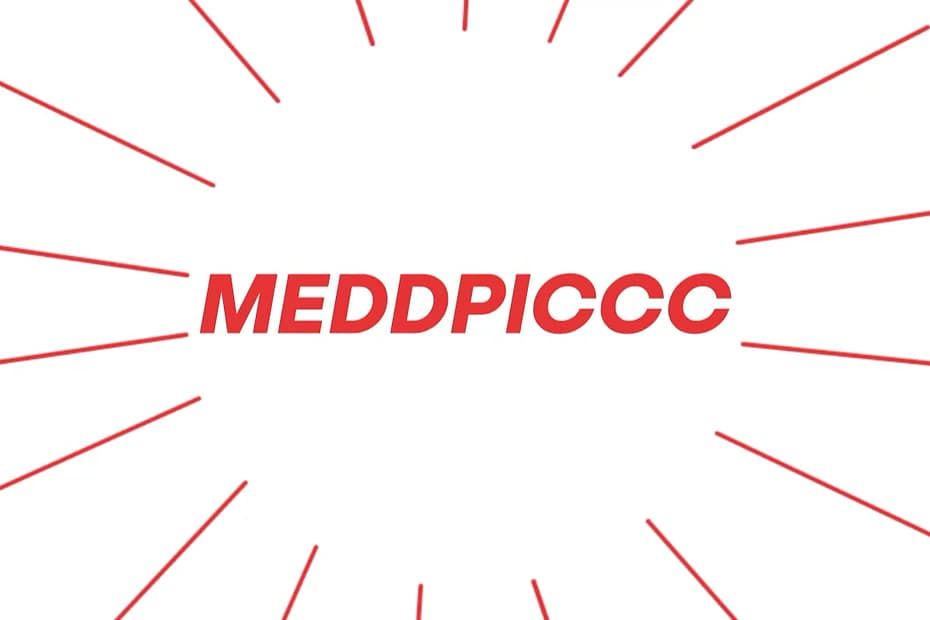A one-on-one sales meeting is not a reporting meeting. It’s not about reviewing what already happened. And it’s definitely not about the manager doing most of the talking. The purpose of a one-on-one pipeline review is to develop the salesperson, surface challenges, and accelerate opportunities. If your one-on-ones are anything less, you’re leaving performance on the table.
Sales leaders often default to micromanagement.
Especially when the rep is new or struggling. But that approach backfires. It creates dependency and stifles problem-solving. The goal is to coach your reps into leading the meeting. That shift changes everything. When reps own the agenda and bring forward deal-level insights, they’re forced to think critically. That’s where growth happens.
If you’re leading a sales team or are a CEO playing the role of sales manager, you need to establish a clear structure. But the rep does the prep. You define the meeting cadence and format. Weekly or bi-weekly, depending on your velocity. You outline the sections: committed deals, stalled deals, and at-risk deals.
But the rep fills in the content. They come to the meeting ready to walk you through each opportunity, with specific updates and clear asks.
Preparation is non-negotiable. For both sides.
The salesperson should have updated their CRM before the meeting. The manager should have reviewed that data in advance. If either party shows up unprepared, the meeting becomes reactive.
A waste of time. And it erodes trust quickly.
Reps notice when you haven’t read the notes. They know when you’re winging it. And if they feel their effort isn’t valued, they’ll stop putting in the effort.
You want to create a culture where preparation is expected and rewarded.
The fastest way to management failure is to ask questions that could have been answered by reading the CRM. Instead, use that time:
- To probe deeper.
- Ask about the deal strategy.
- Challenge assumptions.
- Help salespeople spot gaps they missed.
That’s where your experience has real value.
It’s tempting to jump in and solve the problem. Especially when you see the red flags before the rep does. But resist the urge. Let them talk it through. Coach them toward the insight. Your job isn’t to close the deal; it’s to build someone who can. That means teaching them how to identify weak spots, how to pressure test a deal, and how to re-engage a stalled buyer. The real value of one-on-ones is in that development.
Think about how you coach.
Are you diagnosing for them? Or are you helping them diagnose for themselves? When a rep says “this deal is solid, no issues,” that’s a red flag. Every deal has risk. Your job is to help them uncover it. Ask: “What’s the biggest thing that could derail this?” Or “What’s the last thing the buyer said that gave you pause?” These questions surface the truth. And they teach reps to self-assess more effectively.
There’s a fine line between coaching and grading. You want reps to be honest about their pipeline without fear of judgment.
If a deal is weak, that’s not a character flaw. It’s a coaching moment.
Read the rest of the article… 








